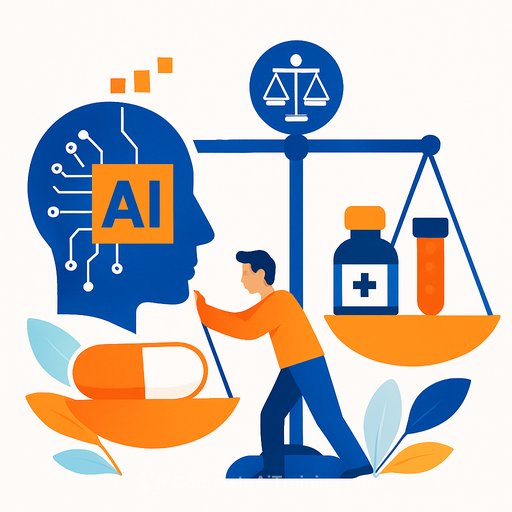FDA’s AI-First Approach Demands Biopharma to Rethink Regulatory Operations
The US Food and Drug Administration (FDA) is shifting its regulatory review processes by integrating artificial intelligence (AI) into its core operations. This change, targeted for full implementation by June 30, 2025, will transform how drugs, biologics, and medical products are reviewed and approved.
While the FDA’s reduction of its workforce by 20% has caught media attention, the larger transformation lies in automating labor-intensive review tasks. AI tools will extract key decision points from complex data submissions and identify inconsistencies or outliers, improving both speed and accuracy.
What This Means for Regulatory Operations Teams
For operations professionals in biopharma, this shift requires a rethink of how regulatory submissions and reviews are managed. The automation of data analysis will reduce manual workload, but it also demands new skills and workflows to interact effectively with AI-driven systems.
- Process Adaptation: Teams must redesign submission workflows to align with AI-enabled review criteria and formats.
- Data Quality Focus: Cleaner, standardized data will be critical as AI systems flag anomalies and inconsistencies.
- Skill Development: Staff should gain familiarity with AI tools to interpret outputs and address flagged issues efficiently.
Speed and Precision Are the New Standards
The automation of review tasks means faster turnaround times and fewer errors in evaluating regulatory filings. This can accelerate drug approvals and reduce bottlenecks, benefiting both developers and patients.
Operations teams should prepare for tighter collaboration with IT and data analytics partners to implement and maintain these AI systems.
Preparing Your Team for the Transition
Integrating AI into regulatory operations is not just about technology adoption but also about mindset and capability shifts. Consider investing in targeted AI training focused on regulatory use cases to build relevant expertise within your teams.
For professionals looking to upskill in AI applications relevant to pharmaceutical operations, resources such as Complete AI Training’s courses by job role offer practical learning paths.
Additional Industry Context
- AI in Clinical Trials: Accelerated recruitment and smarter trial designs are gaining traction, increasing trust in AI-driven processes.
- Regulatory Clarity Needed: Drugmakers are calling for clearer FDA guidance on AI use in drug development.
- Global Regulatory Trends: The European Union is also pushing for regulatory modernization in AI through its AI Observatory.
Operations professionals should stay informed about these developments to anticipate regulatory expectations and align their strategies accordingly.
Adapting to the FDA’s AI-first direction is a critical step for regulatory operations teams aiming to maintain compliance, efficiency, and competitive advantage in the pharmaceutical industry.
Your membership also unlocks:






